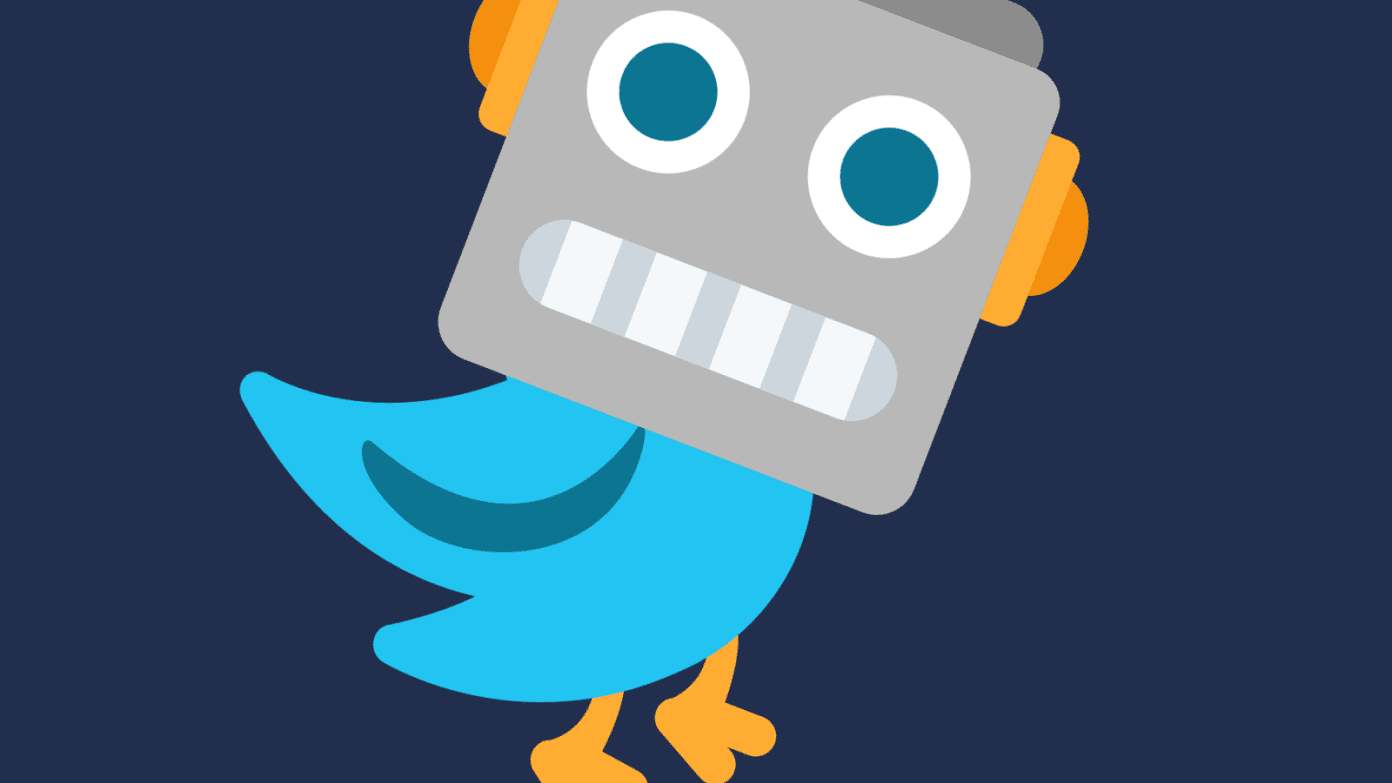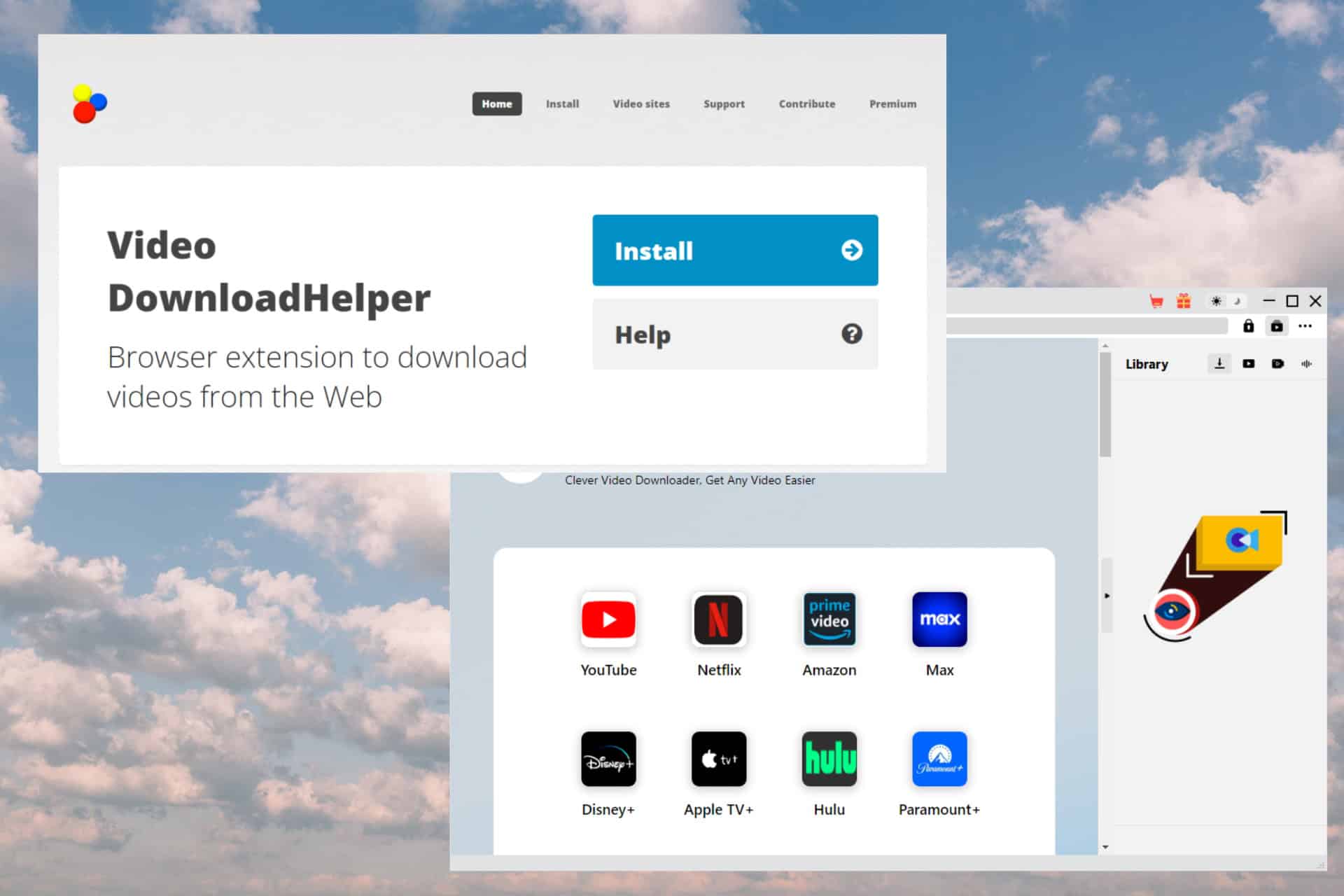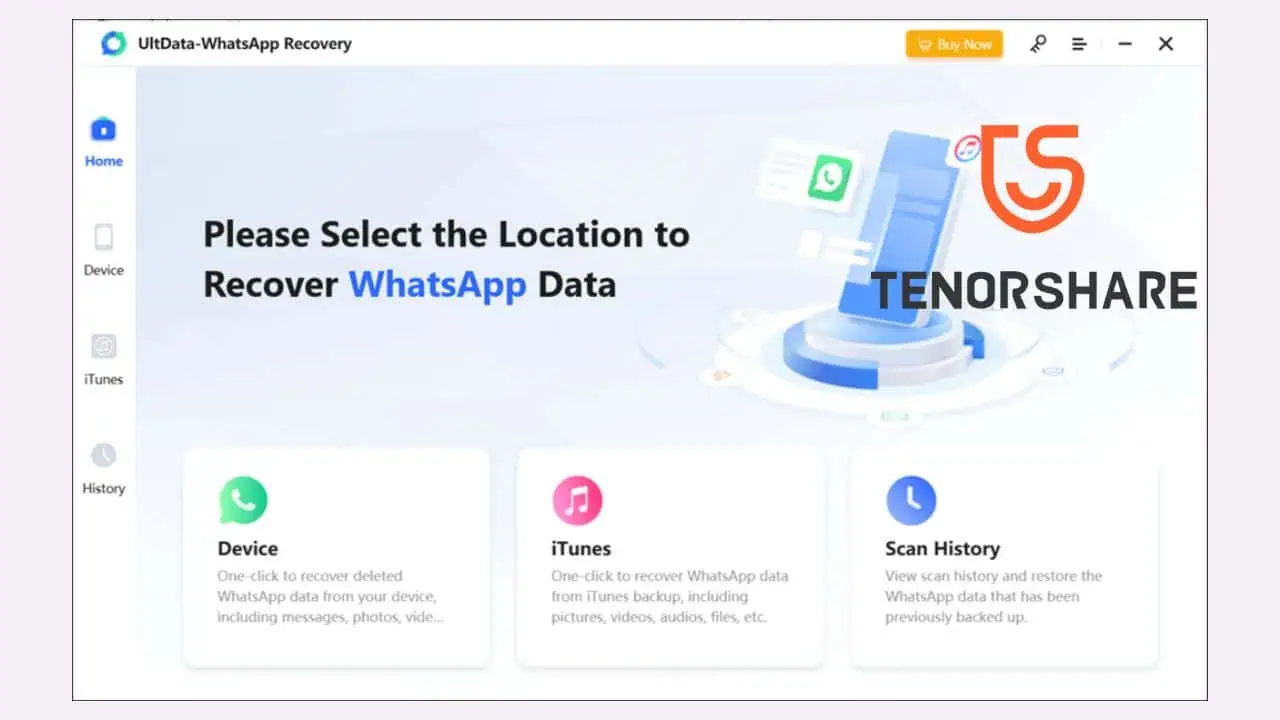5% of Twitter’s Q1 monetizable daily active users are bots
3 min. read
Published on
Read our disclosure page to find out how can you help MSPoweruser sustain the editorial team Read more

Twitter disclosed through a filing on Monday that less than 5% of its first-quarter monetizable daily active users were made of bots. The number reflects the challenge that will be faced in the near future by Elon Musk, who is very vocal about the removal of the Twitter bots or multiple automated Twitter accounts controlled by bot software on the platform.
Yeah, single most annoying problem on twitter imo
— Elon Musk (@elonmusk) April 5, 2022
There were 229 million users served with advertising during the first quarter on Twitter, but the numbers could face changes if Musk pushes for his plans of cleaning up the platform from bots. In an April 5 reply to a user complaining about the crypto spam bots, Musk said, “Yeah, single most annoying problem on twitter imo.”
It will be a big game-changer for Twitter users who often encounter bots in their daily experiences from advertisements, news, and other propaganda. Twitter bots are known for their autonomous ability to perform actions like tweeting, re-tweeting, liking, following, unfollowing, or direct messaging other accounts.
Twitter bots can be useful for a wide variety of purposes, depending on the target of who is deploying them. They can be used as instruments for promoting products and other information. “… Many bot accounts are extremely beneficial, like those that automatically alert people of natural disasters…or from customer service points of view,” a Twitter spokesperson told CNBC before. Unfortunately, they can also be used inappropriately, such as in the spread of malware and misinformation across Twitter. It made the technology a tempting tool for individuals with sinister intents.
University of Southern California (USC) said during its 2017 research about Twitter bots that “there is a growing record of malicious applications of social bots. Some emulate human behavior to manufacture fake grassroots political support… [and] promote terrorist propaganda and recruitment.”
USC conducted another research in 2020 during the election against former President Trump and President Joseph R. Biden Jr. In the study, thousands of bots posting information related to the two were found. There were also posts sharing fake news about coronavirus and far-right conspiracy theories like QAnon and “pizzagate.” USC scrutinized 240 million election-related tweets from June through September and reported that bots were responsible for 20 percent of the political conspiracy theory tweets.
Apparently, the works of the bots are not just limited to the US. They are still being used to promote information (either factual or fake) to millions of users around the globe. And without proper actions from Twitter itself, the platform could still continue to be a breeding ground of misinformation and threat for everyone.








